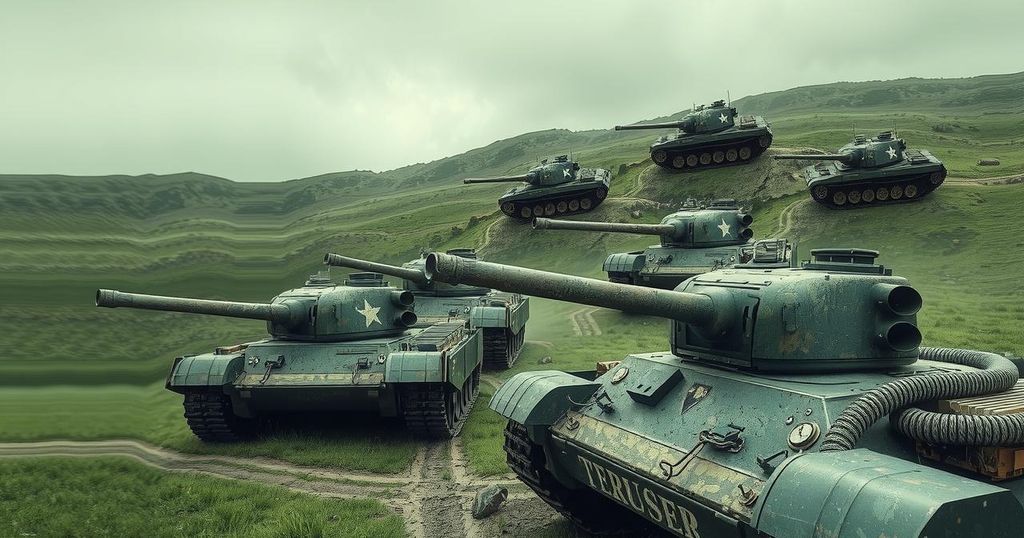NATO Adapts to Growing Threat from Russia-North Korea Military Cooperation

This article discusses NATO’s strategic adjustments in response to growing military cooperation between Russia and North Korea. North Korea has sent more troops to support Russian forces, leading the US to strengthen its ties with Ukraine. Joint military exercises between the US and South Korea aim to address North Korean tactics. NATO is implementing lessons learned from the Ukraine conflict to enhance its readiness against future threats, while both Russia and North Korea face challenges amid changing geopolitical dynamics.
In recent developments, NATO has begun leveraging insights from the ongoing conflict in Ukraine to prepare for the emerging military threat posed by the collaboration between Russia and North Korea. North Korea has recently dispatched an additional 3,000 troops to the Russian front lines in Kursk, a move indicating a significant escalation in military cooperation between the two nations. This partnership has raised alarms within the United States, prompting an intensification of its support for Ukraine to counteract North Korean military strategies.
Despite sending reinforcements, it has been reported that North Korea has lost over 4,000 soldiers from its initial deployment of 12,000. This situation exemplifies their struggle to maintain troop levels even as they increase military aid to Russia, addressing deficiencies stemming from Russia’s beleaguered defense industry. Additionally, Ukrainian forces have identified North Korean Koksan self-propelled guns being utilized by Russian troops, resulting in the destruction of these systems through coordinated attacks.
The enhanced military relationship was further underscored by Sergei Shoigu, Secretary of the Russian Security Council, who visited Pyongyang twice in six months, indicating a deepening alliance with more troop and equipment exchanges anticipated. For North Korea, this conflict provides a rare opportunity to gain operational experience, raising concerns about security levels in South Korea amid heightened regional tensions.
Moreover, this collaboration has prompted a robust response from Western nations. The United States has partnered with South Korea to refine military strategies and plans aimed at countering North Korean tactics, particularly in relation to their use of war tunnels. Recent joint military exercises between the two nations have focused on addressing these tunnels, which are critical to North Korean operations and increasing their combat effectiveness.
To adapt to the evolving threat landscape and learn from Ukraine’s experiences, NATO has established new initiatives such as the Joint Analysis Training and Education Centre in Poland. This center aims to integrate contemporary combat insights into NATO’s strategic framework, thereby enhancing the alliance’s operational readiness against potential aggressions from Russia and North Korea.
Ultimately, while North Korea’s military contributions may provide temporary assistance to Russia, they also reveal Russia’s growing reliance on foreign support and highlight significant deficiencies within its defense capabilities. The geopolitical West is acutely aware of these dynamics, creating a pressing need for North Korea to reconsider the long-term benefits of its military partnership with Russia given the escalating countermeasures being developed by the US and NATO.
In conclusion, the military alliance between Russia and North Korea presents a concerning development for global security, provoking heightened responses from the West. Through enhanced military cooperation and the sharing of tactics, both countries appear to be strengthening their positions. However, the United States and NATO’s proactive measures to adapt and learn from the evolving conflict in Ukraine may serve as a deterrent against this growing threat, compelling North Korea to reconsider its military alignment with Russia.
Original Source: euromaidanpress.com








